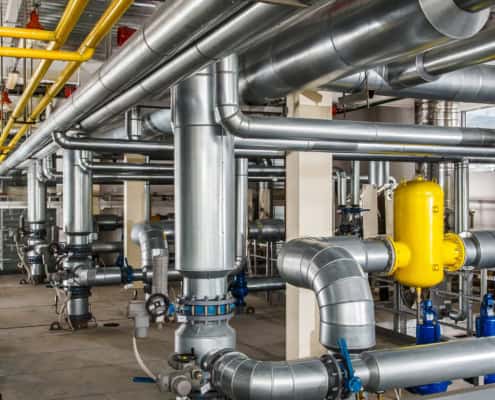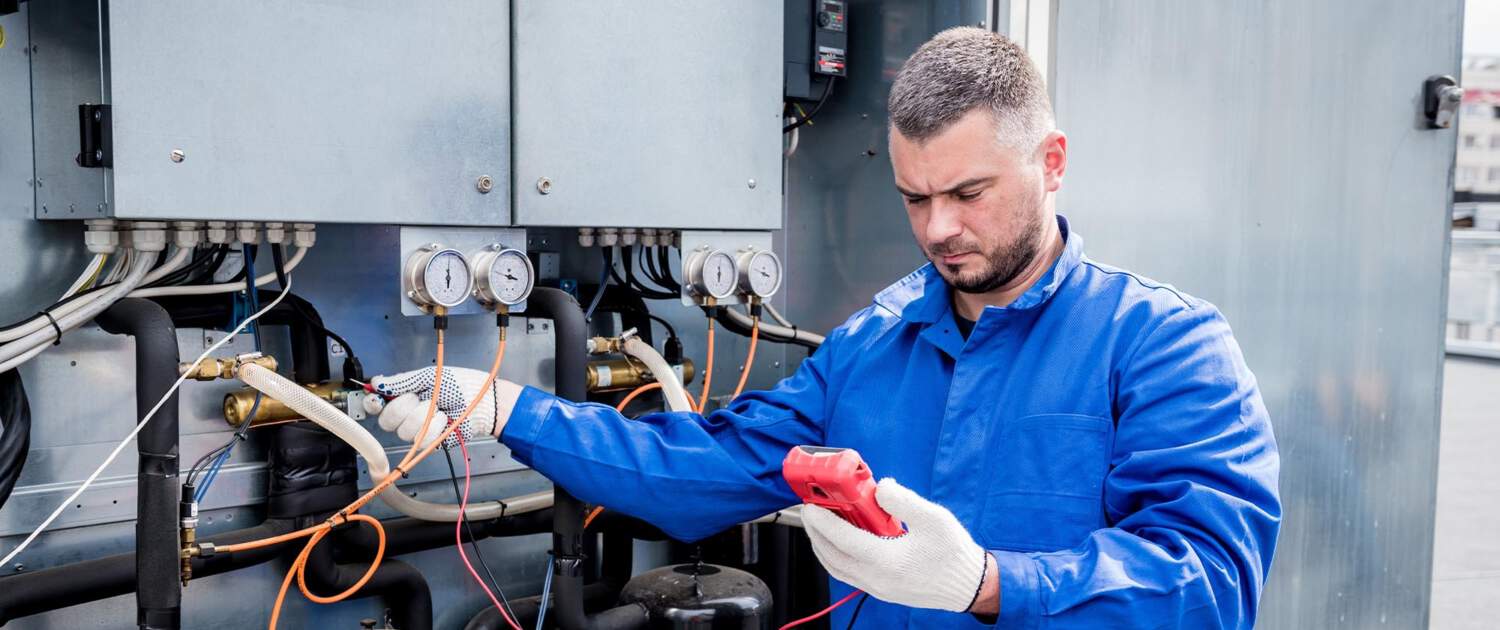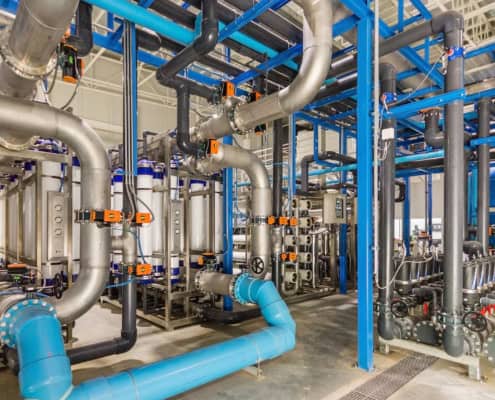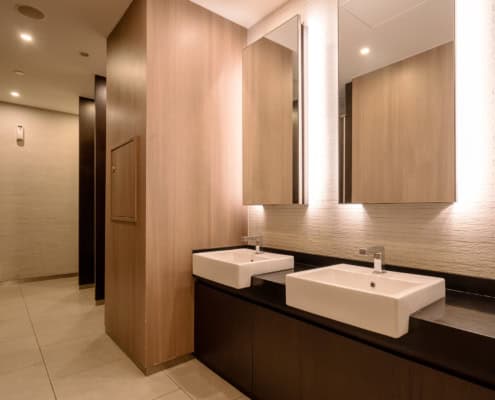 https://agservicestx.com/wp-content/uploads/2024/10/Side-view-interior-industrial-gas-boiler-with-a-lot-of-piping.jpg
1250
2000
AbstraktMarketing
/wp-content/uploads/2021/02/cropped-AG-Piping-01-300x30m-300x300.png
AbstraktMarketing2024-10-29 19:14:362024-11-07 20:23:55Traditional Snaking vs Hydro Jetting: What’s Better for Commercial Properties?
https://agservicestx.com/wp-content/uploads/2024/10/Side-view-interior-industrial-gas-boiler-with-a-lot-of-piping.jpg
1250
2000
AbstraktMarketing
/wp-content/uploads/2021/02/cropped-AG-Piping-01-300x30m-300x300.png
AbstraktMarketing2024-10-29 19:14:362024-11-07 20:23:55Traditional Snaking vs Hydro Jetting: What’s Better for Commercial Properties?Your Guide to Spring HVAC Maintenance
If you’ve ever had to replace your HVAC (heating, ventilation, and air conditioning) system, you know it can be one of the most expensive items in your office. The typical unit costs $8,000, but that figure can vary between $5,000 and $34,000, depending on the size and complexity of your unit. Though some lucky business owners may never have to deal with the headache of replacing their HVAC unit, you should know how to prolong the life of your unit and keep it functioning at high capacity.
So, whether you’re a small business owner or you manage a large commercial property, join us as we explore spring HVAC maintenance and how it can improve your bottom line.
Why Is HVAC Maintenance Important?
Here are a few reasons spring HVAC maintenance is essential.
Avoid Expensive Repairs
Sometimes a small repair, if not properly or quickly addressed, can grow into a big problem. You can see this when you properly clean and lubricate your HVAC unit’s fans. If this isn’t done on a regular basis, your fan motor works harder, which means it’s likely to burn out sooner. A fan motor is a lot more expensive than a touch of lubricant! Also, if you regularly clean the tubes and address minor blockages, you’re more likely to avoid leaks that can evolve into expensive repairs.
Prolong the Life of Your System
Regular maintenance of your HVAC system prolongs its service life because less strain gets placed on the system. Neglecting maintenance makes the unit and its components wear out faster, which will inevitably make repairs more expensive. This also significantly reduces the life of your system. Most are expected to last between 10 and 25 years.
Safety Precautions
A critical task that a responsible HVAC technician performs during maintenance is checking for leaks. He or she will also tighten electrical components. When you’re dealing with both electrical lines and liquids, inherent risks are involved. To avoid any risks this may pose, the HVAC system should be checked on a regular basis. Your technician will also look for the dangerous presence of carbon monoxide.
Energy Efficiency
A well-cleaned and oiled machine requires less energy to function. If your air filters are not changed regularly, your HVAC must work harder, which results in greater electrical use. The same is true for all components of your system. If your HVAC system has to work more, you consume more energy.
Protect Warranty Coverage
HVAC systems typically come with a warranty. Some warranties may lapse if a unit is not receiving routine maintenance, which means a manufacturer will refuse to pay for repairs that would otherwise have been covered.
Better Air Quality
Much of the time, the air quality indoors is two to five times worse than outside. If you are not properly cleaning your HVAC system or replacing the filters, you could be increasing the level of pollution in your building.
Spring HVAC Tips and Maintenance Best Practices
Spring is the perfect time to get your HVAC system checked by a professional. After keeping your space warm during the winter, especially if you live in a region that routinely sees temperatures below freezing, your system has worked hard and requires proper care.
If you get maintenance done in the spring, uncomfortable indoor temperatures are less likely. Regular spring maintenance will make your system able to withstand the summer heat better and lower the risk of malfunctions.
Your technician will perform the following tasks for your HVAC unit to ensure high performance:
- Change the air filters: Your filters should be changed every 90 days to 3 months. This prevents the buildup of dust and debris and improves the quality of your air as well as the efficiency of your system.
- Check the different mechanisms: This includes blower fans and coils. By cleaning and properly lubricating these elements, your unit continues to run smoothly and lowers your electric bill.
- Check refrigerant levels: This ensures you get cold air. If there are unusually low levels, that might indicate a leak.
- Lubricate, clean, tighten, inspect: An HVAC unit is a large system with many parts that need to be examined, tested, cleaned, and repaired. Fans require lubricant, tubes and coils require cleaning, the thermostat may need recalibration, and the ductwork has to be checked—a well-trained and experienced technician can do it all.
Why Do I Need Commercial HVAC Maintenance?
Although the checklist for maintenance of a commercial unit is similar to that for a residential unit, your technician is dealing with a substantially larger installation. Components the specialist will be sure to check include the AC system, heat pump, electric heater, gas furnace, and dual-fuel heat pump.
A commercial unit will demand more regular checkups than just in the spring. Ideally, it should undergo maintenance every season with the change in climate. In fact, some parts and systems ought to be maintained even more frequently.
It’s vital to design and schedule a maintenance plan for your commercial HVAC system with a qualified technician. This will keep your system at full capacity and your customers comfortable. While a typical commercial HVAC system will last 10 to 15 years, this can best be achieved through proper ongoing maintenance.
Spring HVAC Maintenance Is Just a Click Away
HVAC preventive maintenance is an essential responsibility of every business owner. If you treat your HVAC system well, it will benefit you for many years to come. Luckily, A&G Piping specializes in commercial HVAC maintenance, extending the lifespan of your system significantly.






